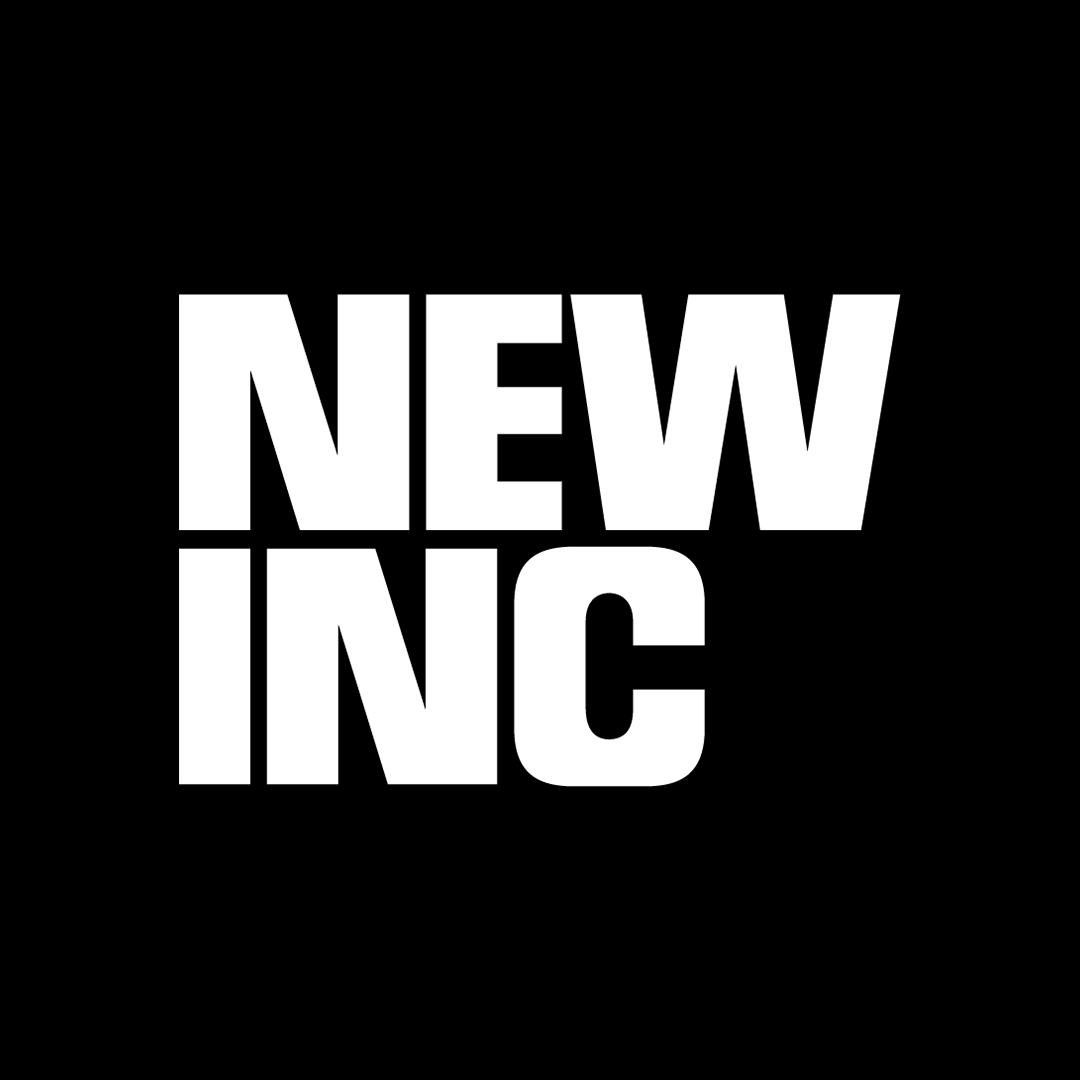Accession - A Place for Cultural Data
Micah Walter Studio introduces Accession, a centralized data platform providing institutions a hub to connect.
Accession is a web based service that provides organizations with the ability to upload and author their own data to a distributed web of institutional knowledge. Organizations who upload their data benefit from built in services like image processing, machine learning, data processing, and a universal API that powers websites, apps and in-gallery interactive experiences.
Background
Over the past few years, Micah Walter Studio has been specializing in systems integration and data platforms for museums. A majority of the work that we do as a studio is developing backend systems that allow museums and cultural organizations to share their rich data and knowledge by publishing it online. We provide them with a dashboard that gives them the ability to manage the behind-the-scenes tools to make things like collections websites come to life. We like to think of our work like the plumbing for an institution’s knowledge, allowing content and data to flow between the institution and its visitors.
We know that museums have collections data in all types of places from standard databases to lengthy spreadsheets. The platforms that we build always have a universal API and a dashboard where staff can manage and configure the systems that are connected to the platform. Through past projects with other museums, both large and small, we have built a few versions of the data platform and developed a connection between TMS (The Museum System) and the platform. We are taking the learnings from each of the platforms we have built and applying them to the development of Accession. We realized that so many museums and
cultural organizations are having the same problem -- they have so many systems to manage and no sustainable way to fix this problem.
Through past and current projects with museums like M+ and the Williams College Museum of Art, we have built and iterated upon bespoke data platforms that addressed the unique needs of each museum. We are using what we’ve learned from these projects to inform the design and development of our centralized data platform. The centralized platform will have a universal API that will allow for mapping, visualization, and experimentation with data. Providing access through an API means that developers, studios, and artists can use institutional knowledge in new and creative ways.
An example query using the WCMA API.
Research
Our hypothesis was that museums and cultural organizations need one place to connect and control their data and their systems. We partnered with the ICA Miami to help us prototype the product and it aligned well with another project that the museum is already working on. ICA Miami is working on a new website called research.art that will be a repository of data, archives, and research available to anyone that is interested in exploring that information. We are developing Accession as the backend platform for research.art, which will ingest data from the museum’s collections management system and other sources of information and present it on a public facing research website.
Our research included a workshop in Miami to brainstorm and prototype with the museum staff. We ran the workshop like an accelerated design sprint to figure out what the staff at ICA Miami wanted to get out of the platform. We have been exploring the museum’s data and figuring out how and where they manage it all.
What’s next?
Accession is still in the early prototype phase but we have connected with the Detroit Institute of Arts as a second partner to further develop the product.
Since we announced the product at Demo Day, we have launched a landing page for Accession and will be sharing updates every two weeks through our newsletter. We have already received positive feedback from our first email and recently sent our second email out to a wider audience. We are looking for other museums to partner with us in developing Accession further so that it can eventually become a more off-the-shelf product.
In the future we want to write connections between Accession and other systems that museums typically use like Blackbaud, Tessitura, and Mimsy. We want to be able to offer a hosted version of Accession that museums will be able to subscribe to and periodically receive updates, or a self-hosted for museums that want to host Accession on premise.
Author: Micah Walter


